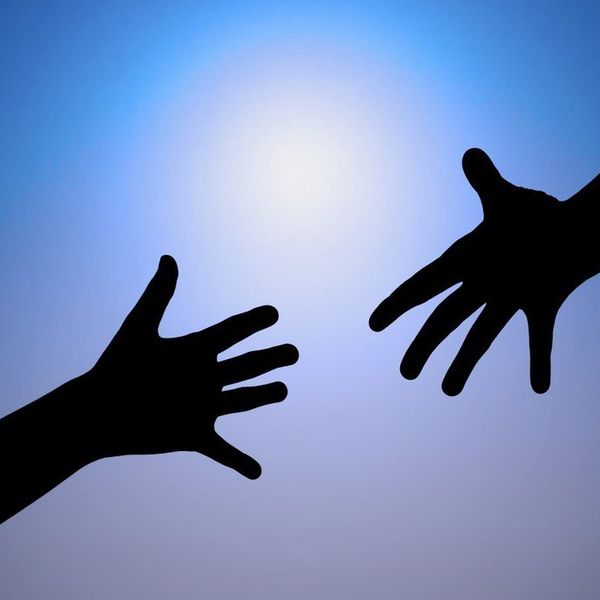Many of you may have either seen or heard about the most recent New York Magazine cover. The impactful photo displays 35 of the 46 women who have claimed to be sexual assault victims of the same perpetrator–Bill Cosby. At the end of the rows sits a starkly contrasted, empty chair, which appears to beg the question: who's next?
In the article, you will be walked through every woman's tragic, yet extraordinarily similar recollection of their sexual assault encounter with Cosby. Hearing such stories is alarming, but I believe these women are survivors and heroes for all of us.
Reading about these terrible acts makes you wonder: why is sexual assault even something we have to worry about in this world? Who's responsible for prevention: the victims or the perpetrators? How could someone do this?
The truth is that sexual assault is something we not only have to concern ourselves with, but something we must take action for. Some may believe this type of act only happens in scary places or with strangers, but date rape is quickly becoming more common, especially on college campuses.
One in four college students are a victim of sexual assault at some point during their academic career.
As a targeted group of this scary but realistic crime, there are measures we all must take to protect our family, friends, and ourselves. Here are some examples of how to prevent finding yourself in a sexual assault situation at college.
1. Keep an eye on your drink and be mindful of where it's coming from.
Brown University says that 90 percent of all rapes on college campuses are involved with alcohol. If you are drinking out of an open container (like a Solo cup), keep your hand covering it at all times. Do not leave your drink unattended. Do not get a drink from large, community containers such as punch bowls or troughs. Do not consume an unsealed drink, especially when given to you by someone else. Aside from alcohol, NEVER take medication given to you by someone, even if they claim it is an over-the-counter drug.
2.
Remember strength in numbers.
While party hopping in college, always travel in a pack. Don't go to unknown places by yourself or leave alone. If you see one of your friends in a situation that just doesn't feel right, take responsibility and always make sure they go home with you instead. Watch each other's backs with how much you're drinking. Keep an eye on who is hanging around them. And most importantly, never leave your friends alone; stick together. You could save them from a horrific situation, and truthfully, you could save their life.
3. Trust your instinct.
If the situation feels wrong, it probably is. Trust your conscience about who you surround yourself with and where you choose to party. If you begin to feel threatened by somebody, either safely remove yourself from the situation, or contact somebody to help you. If you begin to feel extremely drunk after consuming very little alcohol (or even no alcohol at all), seek help immediately. Call 911 or get to the nearest emergency room. Don't be afraid to speak up if you witness a situation that may lead to sexual assault. Intervene and help other potential victims.
4. Understand consent.
This not only helps potential victims, but potential perpetrators as well. If you have to use force, it's rape. If consent is unable to be given, it's rape. If they are blindly under the influence, unresponsive, demonstrating reluctance, or blatantly saying “no,” step back and realize what you may be doing to someone. It's as simple as that.
5.
Know your resources.
There are plenty of websites, hotlines, and services that help in prevention and assistance for sexual assault situations. Should you ever find yourself post-sexual assault, the National Sexual Assault Telephone Hotline can provide you with local assistance, support, and help at (800) 656-HOPE (4673). Many colleges provide free services for situations you may feel endangered in, and will assign police officers or trained students to walk you home. Purdue University's is called SafeWalk, and you can call them 24/7 at (765) 494-SAFE (7233).
Sexual
assault is real, and unfortunately,
it's happening at colleges more than ever. As
peers, friends, and even as human beings, we must take the
responsibility to bring these statistics down. Speak
up. Avoid turning your head. Protect yourself, and protect one
another.
If
you'd like more information on sexual assault, and
how
to help, prevent, and avoid, you may visit these resources:
www.notalone.gov






















